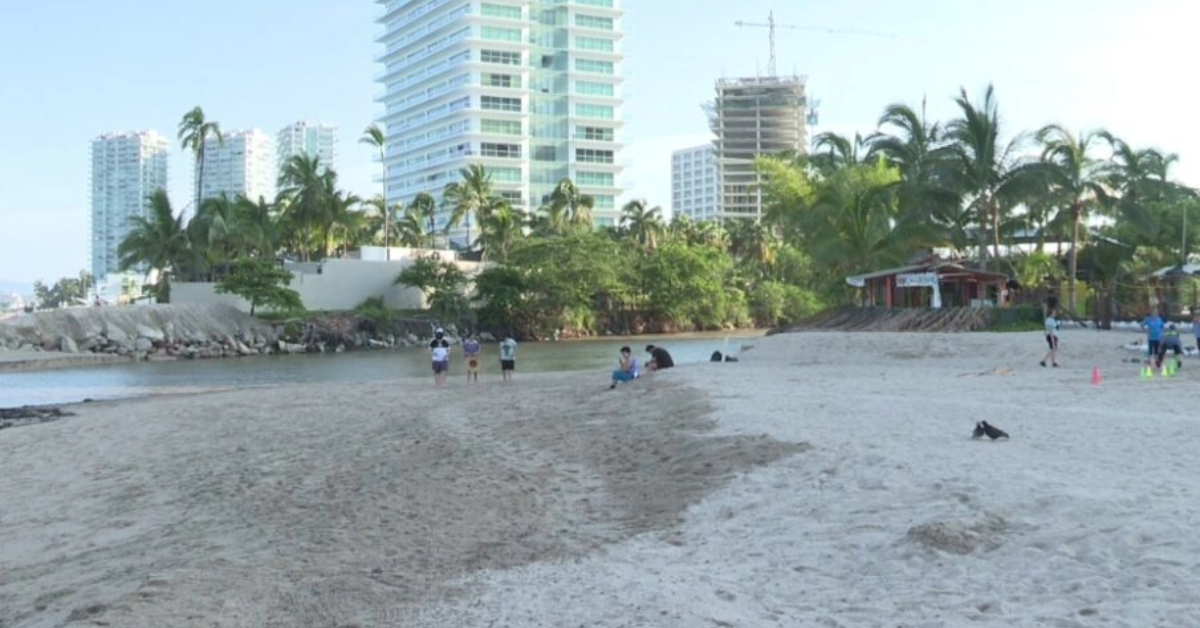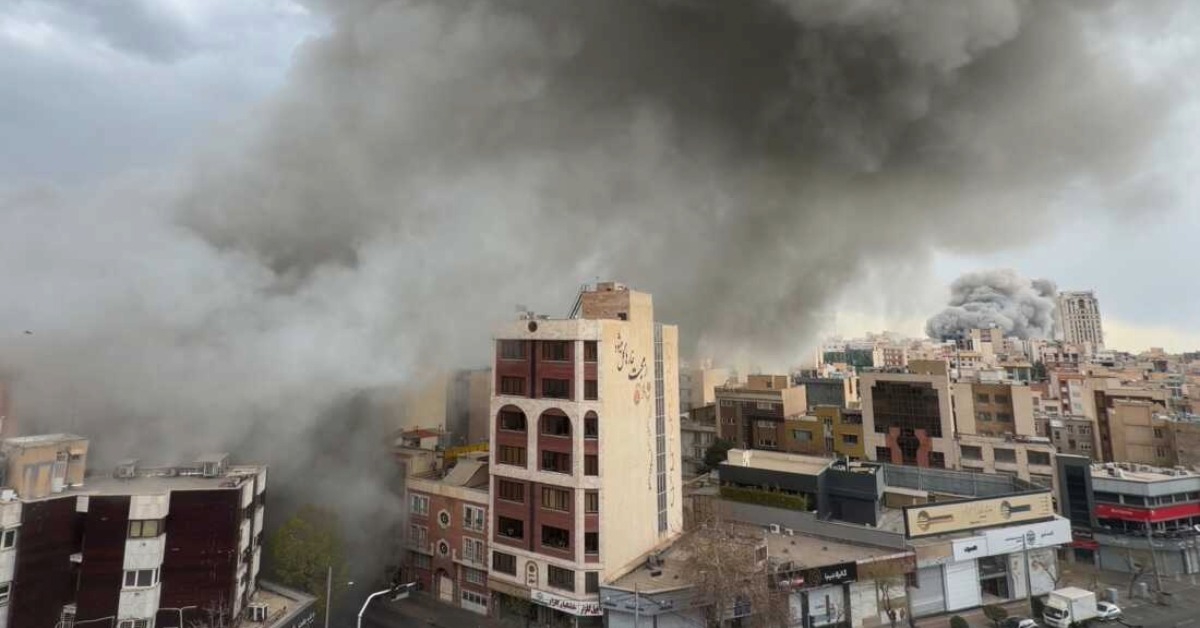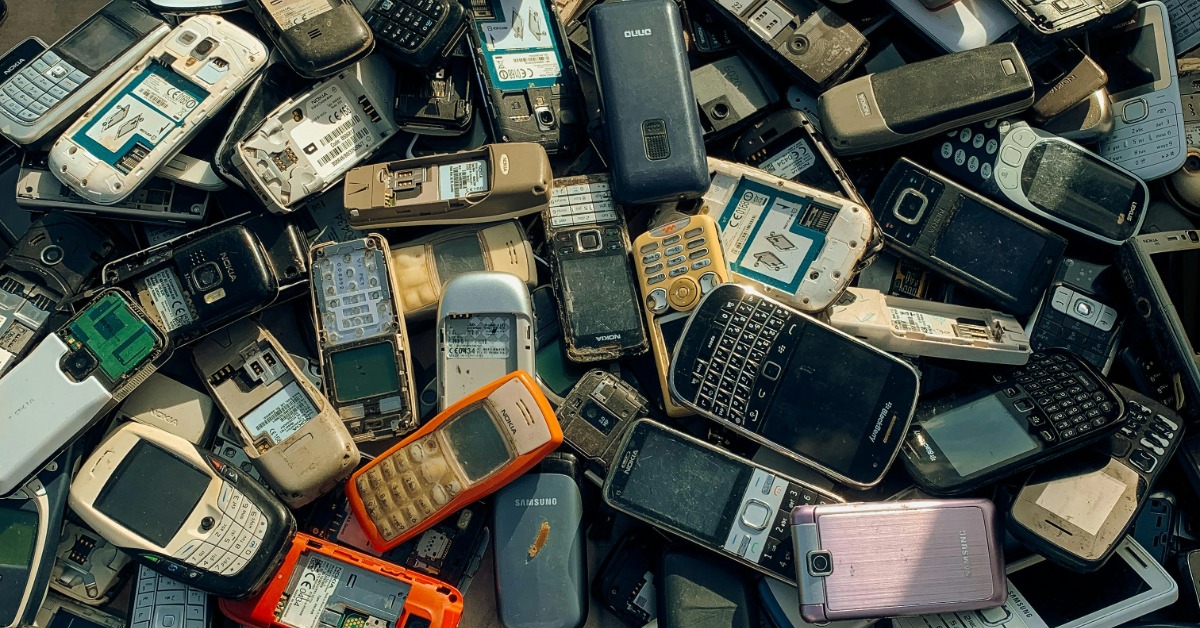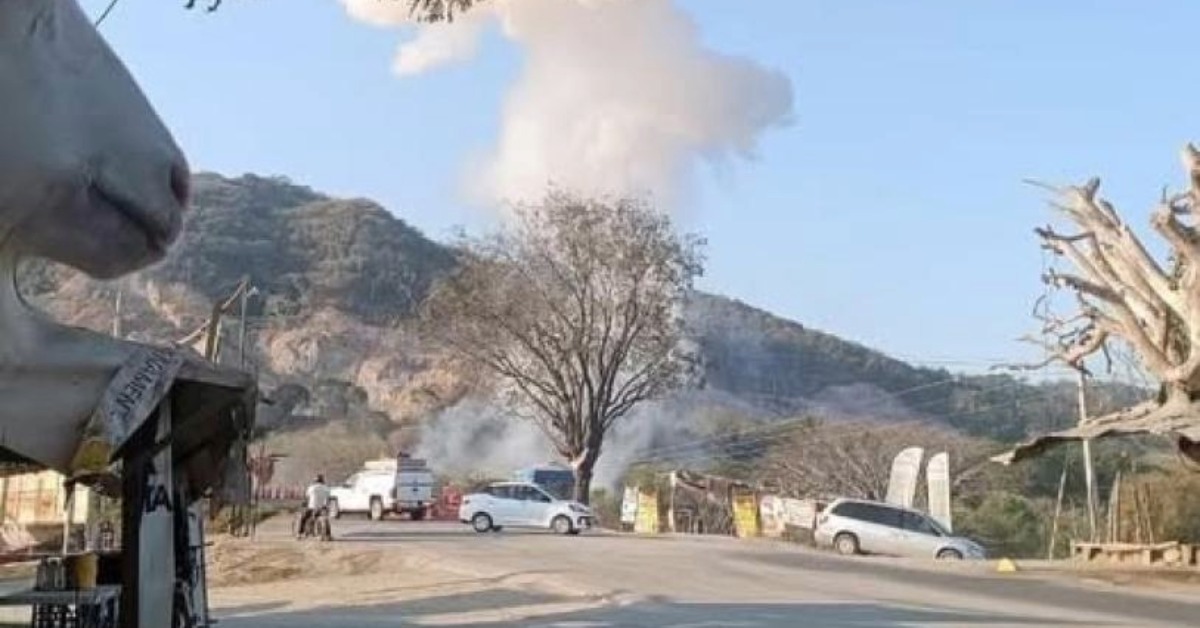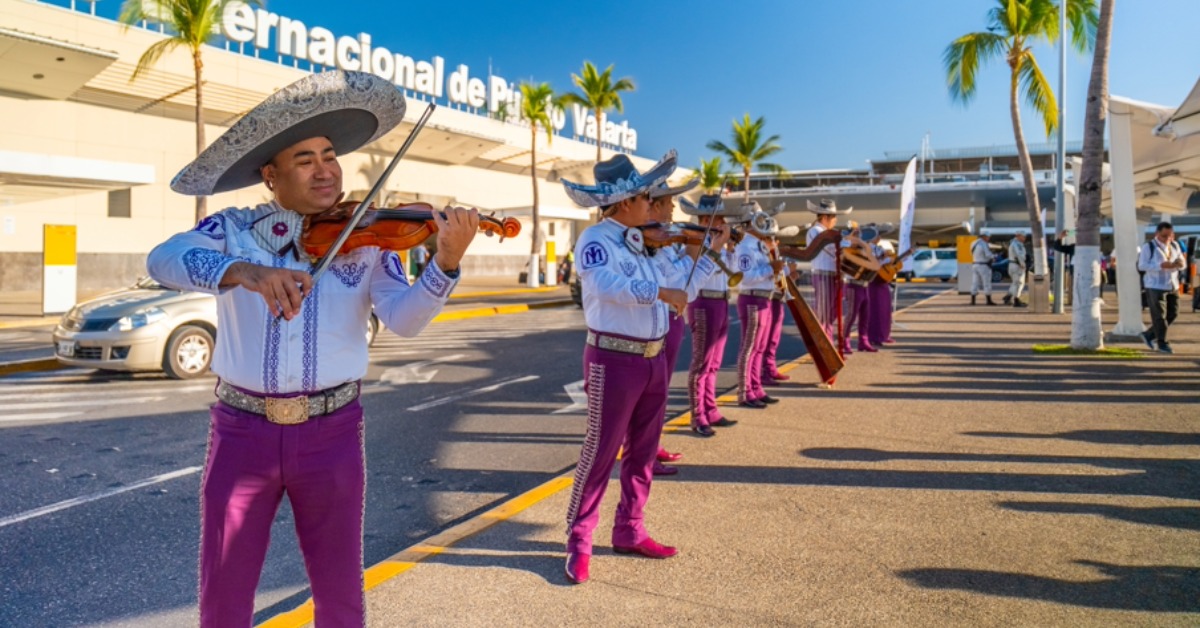Puerto Vallarta, Mexico - After enduring over five days of persistent reports to local authorities, the issue of sewage discharge from drain pipes and waste disposal by hotels and businesses continues unabated, posing a significant health hazard to the Pitillal River and the beaches of Puerto Vallarta.
